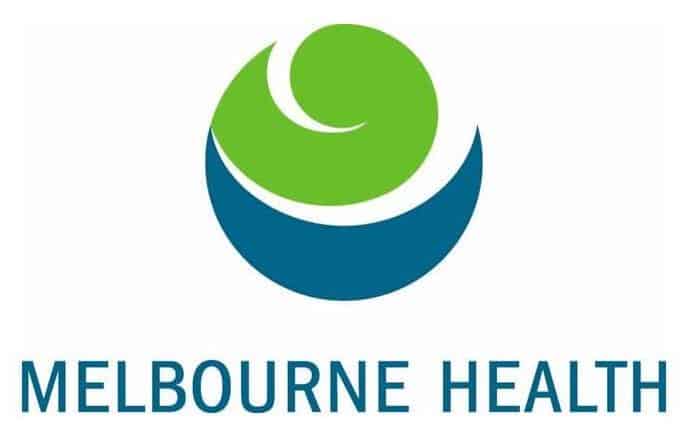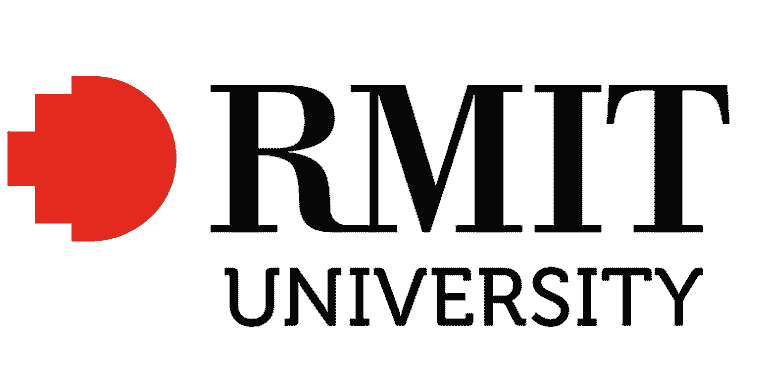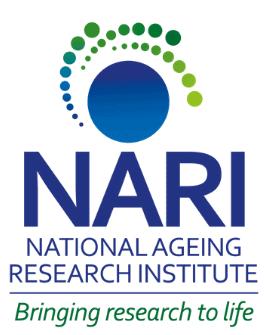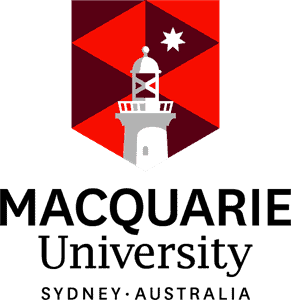
 UNSW: University of New South Wales
UNSW: University of New South Wales
School of Humanities and Languages
In 2019, a team of UNSW researchers, with the support of industry partner organisations received an ARC (Australian Research Council) Linkage grant for the research project Access to justice in interpreted proceedings: the role of Judicial Officers. The research team includes UNSW researchers: Prof Ludmila Stern, Prof Sandra Hale, A/Prof Stephen Doherty and Ms Melanie Schwartz and Mr George Bisas as an Industry Partner from Multicultural NSW. The partner organisations represent interpreter bodies, interpreting service providers and bodies representing the judiciary.
These include:
- NAATI
- AUSIT
- TIS National
- Multicultural NSW
- The NT Aboriginal Interpreter Service (AIS)
- All Graduates Interpreting and Translating Services
- Australasian Institute of Judicial Administration (AIJA)
- The Judicial Council for Cultural Diversity (JCCD) of the Migration Council.
This national study will be the first to investigate the Australian Judicial Officers’ (JOs) role in achieving effective communication during interpreted bilingual proceedings. It will examine whether JOs adhere to the Recommended National Standards (RNS) and compare their practices to those of international criminal courts and tribunals.
With the assistance of its Partner Organisations, the research team will observe interpreted criminal court proceedings in most jurisdictions. These will be complemented by interviews and focus groups with JOs, interpreters and lawyers to capture the broader perspectives of different stake holders. To increase the representativeness of the findings arising from the observations and interviews, the researchers will compile and analyse a large corpus of transcripts of interpreted proceedings and judgments.
The project’s practical outcomes will include strategic recommendations for enhanced communication strategies in interpreted proceedings – an area of growing courtroom demand that presents significant challenges.
 Melbourne Health
Melbourne Health
Telehealth
All Graduates has been the major service provider of onsite and telephone interpreting services for Melbourne Health since 1994. Our latest project is the Melbourne Health Telehealth initiative in collaboration with the Royal Melbourne Hospital.
In 2018, Melbourne Health (Royal Melbourne Hospital [RMH]) expanded its use of video interpreting to facilitate telehealth consultations with multicultural patients. The initiative was supported under the Department of Health and Human Services – Language Services Innovation Grants program It followed research published in 2015[1] by Dr Thomas Schulz, Infectious Diseases Physician at RMH, which showed that patients from culturally and linguistically diverse communities preferred accessing interpreters via video conferencing rather than telephone, in situations when onsite interpreting was not possible.
 RMIT University
RMIT University
Interpreting and Translating – School of Global, Urban and Social Studies
All Graduates and RMIT University have been working together since the mid 1990s. During this time RMIT University, Translating and Interpreting Discipline, School of Global Studies Social Science and Planning and All Graduates have collaborated in numerous university forums, research projects and interpreter and translator training sessions, including:
- 2nd International Conference on Community Translation
- Interpreting at The Migration Review Tribunal (MRT) & The Refugee Review Tribunal (RRT)
- Interpreter Ethics for Services Australia Sessional Interpreters
- Interpreting in Voluntary Assisted Dying context
- Telehealth Video Remote Interpreting
All Graduates has supported RMIT University’s Translating and Interpreting programs by providing industry experts, guest speakers who have delivered lectures and workshops for practicing interpreters/translators and students as well as providing sample high-technology tools and equipment for use by the RMIT Translating and Interpreting program in training translators and interpreters.
 Centre for Cultural Diversity in Ageing
Centre for Cultural Diversity in Ageing
The Centre for Cultural Diversity in Ageing and All Graduates have collaborated through “Conversations: Interpreting and Translating” to provide training for interpreters and translators through a series of Aged Care webinars in 2021. The series consists of 5 parts and includes collaborations with other Aged Care organisations.
Webinar Topics and Collaborations:
- Webinar 1 – Introduction to Aged Care (Australian Multicultural Community Services and Centre for Cultural Diversity in Ageing)
- Webinar 2 – Aged Care Assessment Tools and Care planning (Centre for Cultural Diversity in Ageing)
- Webinar 3 – Understanding Dementia (Dementia Australia)
- Webinar 4 – Understanding Incontinence (Continence Foundation of Australia)
- Webinar 5 – Understanding Palliative care (Palliative Care Victoria)
 NARI: National Ageing Research Institute
NARI: National Ageing Research Institute
The MINDSET Study
All Graduates is a partner organisation in the MINDSET Study led by the National Ageing Research Institute (NARI). The MINDSET Study was awarded a National Health and Medical Research Council (NHMRC) Partnership Project grant on 27 March 2021.
The study aims to improve the quality of interpreter communication in a cognitive assessment for dementia. The rationale for this work stems from research that found that interpreters were servicing increasing numbers of people with dementia but had variable experience and knowledge about dementia. This resulted in inconsistencies in interpreting which reduced the validity of cognitive assessments, diminished clinician and patient satisfaction and overburdened health services. Subsequently, interpreters themselves recognised the need for specialist training in dementia.
 Macquarie University
Macquarie University
Project Title: Department of Linguistics & All Graduates Interpreting and Translating Services Enterprise Partnership Research Project
Project Title: Assessing the Impact of Readability on Translation Quality and Productivity
Authors: Jan-Louis Kruger, Marc Orlando, Pam Peters, Chloe Liao, Helen Sturgess, Department of Linguistics
Clients such as government departments commission large volumes of translation into community languages. However, often they are not aware that there is a lack of qualified translators in some languages, or of the difficulty to translate the source texts. It is important to measure how text complexity affects translation quality and time. This will make it possible for Language Service Providers and freelance translators to suggest to the client to have difficult texts simplified. The client can then ask for a simplified version of the document to be translated.
The aim of this study, commissioned by All Graduates Interpreting and Translating Services, is to demonstrate how text complexity affects translation quality and cost. The study addresses issues in managing challenges in producing meaningful translations for CALD community communications, particularly in some of the languages such as Swahili, where translator availability at NAATI certified level is limited or not available. Improved translation quality will have a measurable effect on the effectiveness of government communication as well as in other spheres of public life.
For more information and to access the document visit this link.
 University of Queensland
University of Queensland
School of Health and Rehabilitation Sciences
Project Title: Improving access to the hearing services program for people from culturally and linguistically diverse (CALD) backgrounds
Project Description: Australia is a culturally diverse country. Almost 30% of Australians were born overseas. More than 20% of Australians speak a language other than English at home. People from culturally and linguistically diverse (CALD) backgrounds are more likely to experience hearing loss; but they are less likely to access hearing services.
Government-funded hearing services program (HSP) is available in Australia. However, people from CALD communities are less likely to access it. The reasons for this are not clear.
A review of the HSP recommended that the Government identify the challenges for access to HSP for CALD people. In 2022, the University of Queensland received a NHMRC grant for a project to address the recommendations of the HSP review. In the project, researchers will work with people from CALD backgrounds and hearing healthcare providers to:
- Understand what helps and hinders children and adults from CALD backgrounds access hearing health care.
- Co-develop and test strategies to help people from CALD communities access hearing health care.
This project helps people from CALD communities to achieve their goals in life without being limited by hearing loss.
Project Involvement: As a Community and Consumer Partner, All Graduates have provided translation and interpreting services for the project as well as providing assistance in developing the interpreter/translator training and information resources.

 UNSW: University of New South Wales
UNSW: University of New South Wales Melbourne Health
Melbourne Health RMIT University
RMIT University
 NARI: National Ageing Research Institute
NARI: National Ageing Research Institute Macquarie University
Macquarie University University of Queensland
University of Queensland